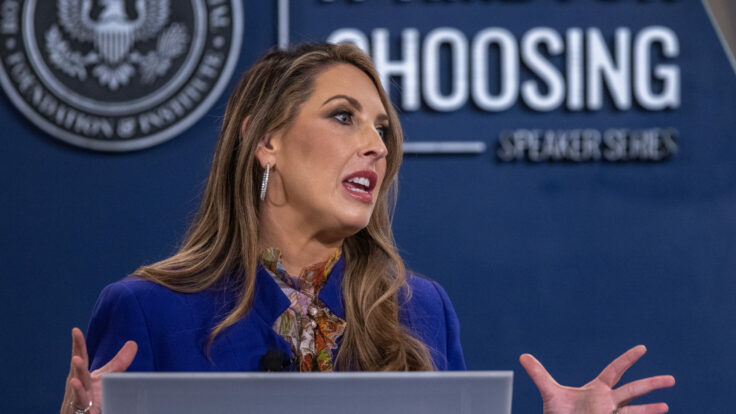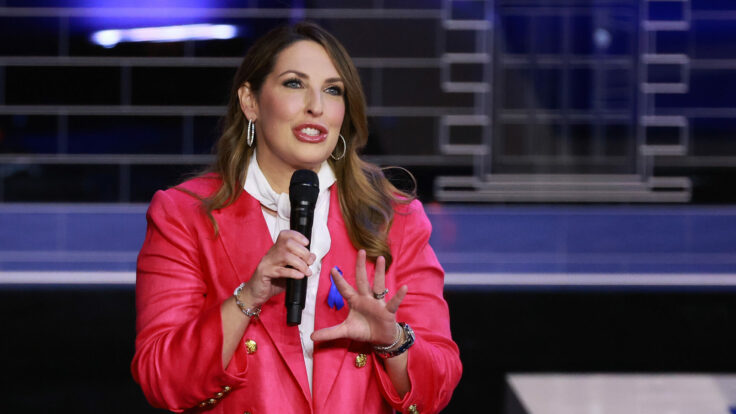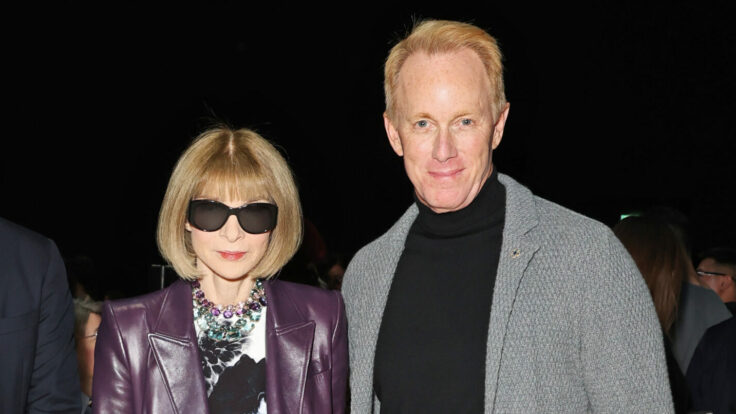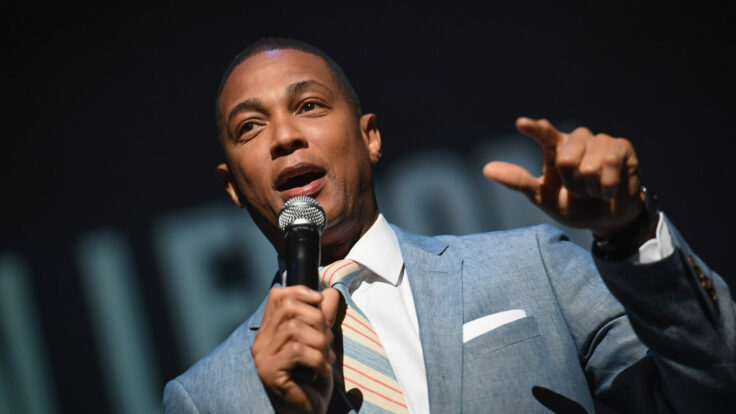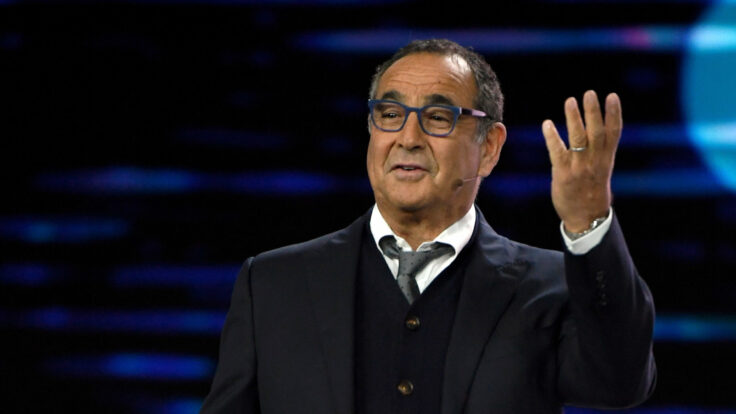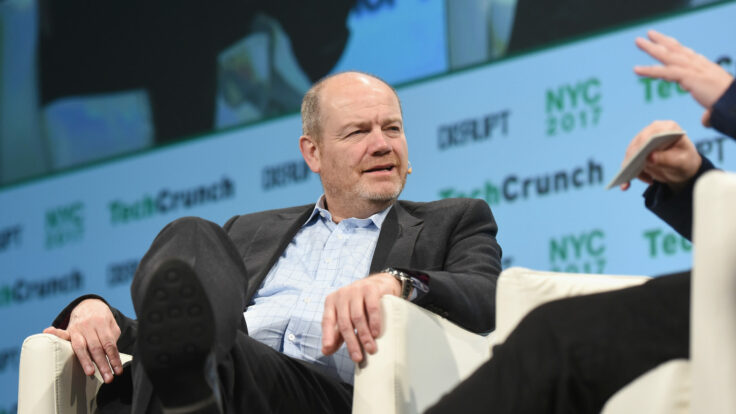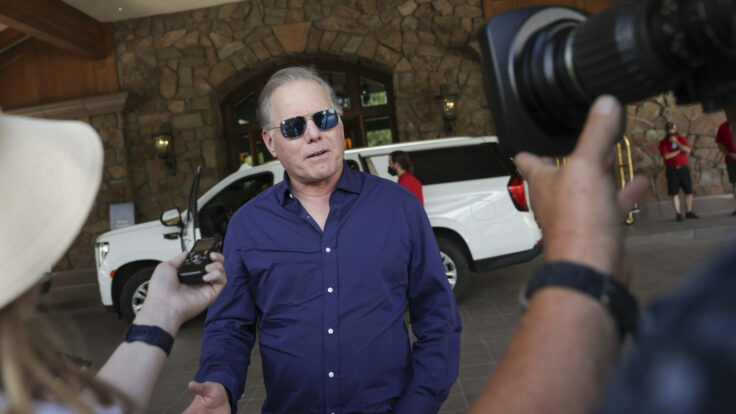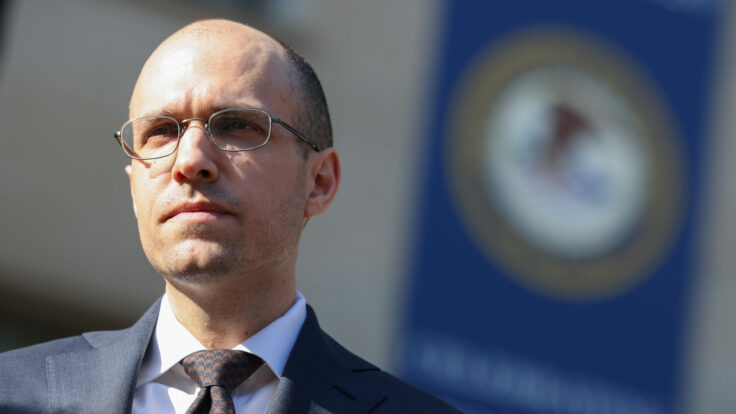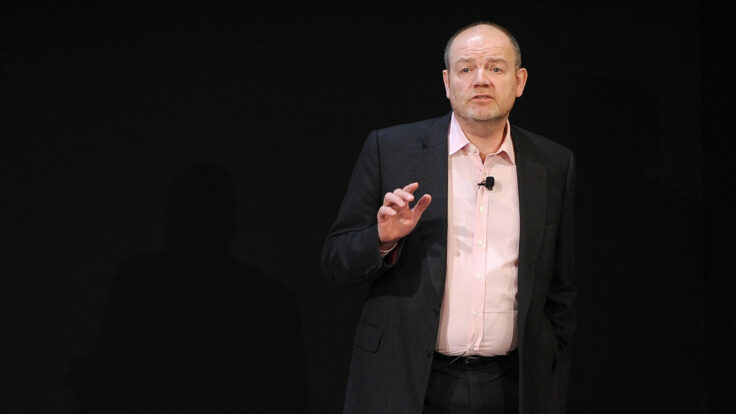Disney C.E.O. Bob Iger and his entertainment chief Dana Walden were in Europe on Thursday when Vanity Fair published its sit-down interview with Kim Godwin, the president of ABC News. Walden had approved the interview, which came at the request of the journalist Charlotte Klein, sources familiar with the matter told me, but she likely didn’t anticipate the strange detour it would take.
During her two-year tenure at ABC News, Godwin has successfully managed TV’s highest rated morning show and evening news program, both of which were largely constructed by her predecessors, Ben Sherwood and James Goldston. But, as I’ve reported, her run has also been marred by widespread internal frustrations with her leadership style, especially among network veterans. This came to national attention recently when Godwin’s inaction over the extramarital romance between GMA3 co-hosts T.J. Holmes and Amy Robach metastasized into a months-long tabloid soap opera that damaged the brand, caused a distraction internally, and evidenced a laissez-faire management style that has rubbed many the wrong way.







